#AutomotiveProduction
Chip Shortage Lambasts Europe, Supply Chains Confront New Problems
Even though the global semiconductor shortage has been going strong for about two years now, the world has failed to successfully manage the situation. Production stoppages remain relatively common within the automotive sector, with manufacturers continuing to attribute factory stalls to an inability to procure a sufficient number of chips. But the excuse seems to have evolved into a catch-all explanation for supply chain issues that continue that go beyond a single missing component.
That makes it a little hard to determine precisely how much of the ongoing production shortfalls can be pinned on semiconductors. But AutoForecast Solutions (AFS) was keen to take a whack at it and determined roughly 1.4 million vehicles have been removed from the automotive industry’s targeted output for 2022 — that’s on top of the 10.5 million units we lost in 2021. While the issue is indeed global, AFS stated that the last batch of vehicles to get the ax was predominantly from Europe.
Good Luck Getting Rental Cars This Summer
As you might have noticed, or heard from us, rental agencies have been hoovering up new and used vehicles to offset the 2020 selloff that stemmed from everyone mysteriously canceling their travel plans that year. Returning to normal, which is something anyone who didn’t assume the world was ending could have predicted, has resulted in increased pricing for vehicles — regardless of whether you’re renting or buying.
Rental companies typically try to play the vehicle market like the rest of use stocks or (if you’re hip) crypto. Buy low, sell high. But 2021 has created a perfect storm of increased demand coming after a long stretch of nothing and an auto industry that doesn’t seem to be capable of building cars thanks to all sorts of component shortages. But it’s no sweat for the big rental agencies because they’re now able to charge just about whatever they want. They’re keeping vehicles in their fleets longer, making more money off them, and selling them back at elevated prices.
Rental Car Companies Reeling From Uptick in Travelers
Rental car companies are their own worst enemies, having sold off much of their fleets during the pandemic’s height. With travel restrictions easing in many places they find themselves with no inventory.
Back in Time: GM Uzbekistan Increases Production of Cars Forgotten Here
Foreign markets are no stranger to selling cars that have long gone out of production here in the States. The VW Beetle was produced for sale in Mexico well after the calendar flipped into Y2K, while the Nissan Tsuru — essentially a Sentra from the mid-90s which remained in production until 2017 — bit the dust after crash tests showed it to be the structural equivalent of a wet cardboard box. The Peugeot 405 stuck around as a new car in Iran longer than just about anywhere else on the planet.
GM has a plant in Uzbekistan employing 8,000 people, with the capacity to make about 250,000 cars a year. Some nameplates you’ll recognize, like the Chevy Tracker. A few are renamed versions of machines long-gone from the American market. And others are familiar names dressed up in strange sheet metal.
Automakers Claim Robots Won't Steal Any More Jobs - For a While, Anyway
The car industry was one of the first to employ widespread automation as a way to streamline manufacturing. However, plenty of jobs have been handed over to robots since the 1980s. Cashiers, tollbooth operators, librarians, and practically everyone who has worked in shipping has seen some aspect of their job replaced with automation. But automakers now claim the usefulness of robots has reached its peak — at last for the time being.
In the midst of an autonomous revolution where drivers will be eventually be replaced by computer-controlled vehicles, numerous carmakers suggest robots still can’t substitute humans on the assembly line.
Real Fake News: Donald Trump and Where Japanese Manufacturers Choose to Build Their Cars
On Monday, President Donald Trump requested that Japanese automakers consider assembling their vehicles in the United States. “Try building your cars in the United States instead of shipping them over. That’s not too much to ask,” Trump told Japanese auto executives during this week’s visit. “Is it rude to ask?”
While the internet response was to immediately scoff at how little Trump knew about the industry (Japanese companies have been building automobiles in North America for decades), the reality was far more nuanced.
Taken in the broader context, Trump actually said, “Several Japanese automobile industry firms have been really doing a job. And we love it when you build cars — if you’re a Japanese firm, we love it — try building your cars in the United States instead of shipping them over. Is that possible to ask? That’s not rude. Is that rude? I don’t think so.”
Subaru Ascent Production Begins in Spring 2018: Work Underway To Squeeze SUV Into Indiana Facility
Subaru reported in September 2017 the brand’s 70th consecutive month of year-over-year growth. The growth rate is not modest. Five years ago, Subaru had never reported more than 336,000 U.S. sales in a calendar year. Yet with one-fourth of 2017 remaining, Subaru has already reported 478,848 U.S. sales in 2017 and is on track to sell more than 650,000 vehicles by the end of the year.
Subaru is not, however, without challenges. The rate of sales improvement has not been matched by a commensurate improvement in the dealer network’s ability to service vehicles, for example.
Another issue? Subaru needs to create space for production of its next new vehicle, the three-row Ascent SUV, in Lafayette, Indiana. Subaru already builds its best seller, the Outback, in Indiana, and with the latest generation of the Impreza, the brand’s compact car joined the midsize Legacy as an Indiana-built model, as well.
For the Ascent, which Subaru confirmed is set to begin rolling out of the Indiana plant in the second-quarter of 2018, Subaru has received the necessary permits to increase production by 66 percent compared with the original joint Toyota/Subaru facility.
It's Official: South Carolina Will Build the Next-Gen Volvo S60 and the Volvo XC90
Reports last week that Geely-owned Volvo would double its investment in Berkeley County, South Carolina, were confirmed today by the Swedish automaker. Volvo’s investment rises to $1.1 billion, the employee count is expected to climb to 4,000, and the Charleston plant will build not one but two Volvo models.
Volvo announced its intention to build its South Carolina plant in May 2015. The first vehicles, set to be third-generation Volvo S60s, will begin rolling off the assembly line in the fall of 2018, just one year from now. By 2021, Volvo revealed today, the company will also be assembling its flagship SUV, the XC90, in South Carolina.
Surprised? Of course not.
GM Reportedly Considering Killing Off Six Cars by 2020: Three Chevrolets, Two Cadillacs, One Buick
The possibility, or even the necessity, of turning General Motors’ Hamtramck, Michigan, passenger car assembly plant into an SUV/crossover facility in the next half-decade has the company considering the discontinuation of the Chevrolet Impala, Chevrolet Volt, Buick LaCrosse, and recently launched Cadillac CT6.
According to a report in Reuters, General Motors is in talks with the United Auto Workers about replacing the increasingly unpopular products currently built in Hamtramck with in-demand utility vehicles. Also in question is the future of the Michigan-built Chevrolet Sonic and the Canada-built Cadillac XTS, which has enjoyed stays of execution in the past.
On average, GM had a 111-day supply of the six models in its U.S. showrooms heading into July 2017. 70 days’ worth of supply would be appropriate. Combined, the Impala, Volt, LaCrosse, CT6, Sonic, and XTS account for 6 percent of GM’s U.S. sales in 2017.
In 2008, the Impala, LaCrosse, and the Sonic’s Aveo predecessor — merely three of the nameplates — accounted for 12 percent of a much more voluminous GM U.S. operation.
Our Long Global Nightmare Is Over - The Fiat 500L Is Back, Baby
The strike is over.
Inventory can once again ramp up.
After 21 days of concern over the future of Fiat 500L, FCA’s Serbian employees are back at work.
And, uh, it doesn’t appear as though dealer stock of 500Ls grew dangerously low in the meantime.
Acura MDX Production Moves North; Acura Is As Much of an Ohio Car Brand As Can Be
With production of the three-row Acura MDX joining the Acura RDX at American Honda’s East Liberty Auto Plant in East Liberty, Ohio, Acura has become a profoundly Buckeyed automobile brand.
Still stealing some production space at Honda’s Lincoln, Alabama assembly plant where the Honda Pilot, Honda Ridgeline, and 2018 Honda Odyssey are also built, production of the MDX has shifted to Ohio in order to free up capacity for both Honda’s and Acura’s top-selling model.
As a result of the MDX’s relocation, Acura now builds five of its six models in the state of Ohio.
And the one Acura that doesn’t hail from Ohio? That’d be the RLX, which forms less than 1 percent of the Acura brand’s volume.
Acura Moving All MDX Production To Ohio; Maybe Now Honda Dealers Will Be Able To Stock Pilots
Throughout much of the third-generation Honda Pilot’s tenure, U.S. sales have not measured up to the success of the previous-generation model, though not for lack of demand.
In a market gone mad for SUVs and crossovers, three other vehicles have constrained production of the Pilot in Lincoln, Alabama. In addition to the Pilot, American Honda builds the Honda Odyssey in Lincoln, along with the Acura MDX. The second-generation Ridgeline started rolling off the Alabama line in May 2016.
As a result, Honda dealers have had a difficult time getting their hands on enough Pilots to sate the predictably high level of interest in a respected three-row crossover nameplate. Heading into December, for instance, Honda only had 36 days of Pilot supply according to Automotive News, about half the current industry average.
But with an all-new 2018 Odyssey about to pick up steam and the Ridgeline reaching a second-gen high of 4,085 sales in December, the Pilot needs room to breathe.
General Motors Might Stage Its Own Brexit, Says Report
Britain’s recent vote to leave the European Union could cause General Motors to up and leave the country, industry analysts predict.
Production of Vauxhall and Opel vehicles could shift across the Channel if the EU places import tariffs on vehicles bound from Britain, LMC Automotive said in a report, ending GM’s decades-long presence.
Fiat-Chrysler Finally Gets Some Government Cash for Its Minivan Plant
Two years after it issued, and then cancelled, a request for government assistance, Fiat Chrysler Automobiles finally received some cash to help pay for its Windsor Assembly Plant upgrade.
The province of Ontario handed FCA $85.8 million ($66.5 million U.S.) today to help cover some of the cost of retooling the facility to handle production of the 2017 Chrysler Pacifica minivan. Some of the cash went to the research and development facility FCA operates jointly with the University of Windsor.
Dodge Grand Caravan Given a Stay of Execution: Report
Production of the world’s most recognizable minivan might not end next year after all.
If a report published by the Windsor Star is correct, the Dodge Grand Caravan will see its lifespan extended until 2019, all thanks to delayed plans for a Chrysler Pacifica-based crossover.
The Star quotes John McCabe, president and CEO of AutoForecast Solutions, who claims Fiat Chrysler Automobiles got cold feet about building a new crossover at its Windsor assembly plant.



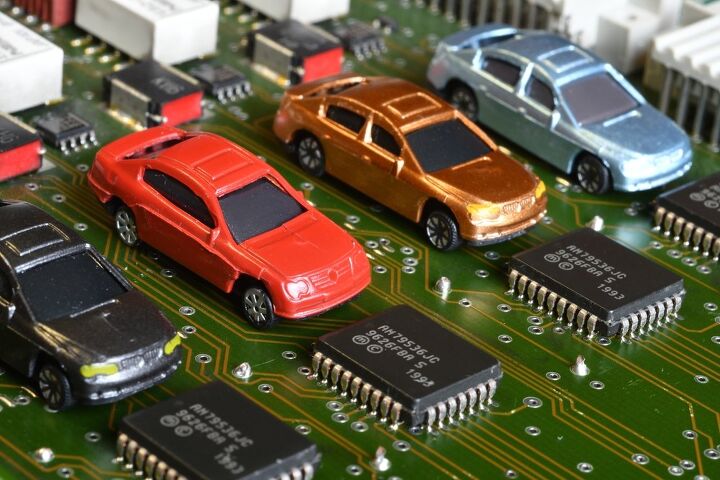
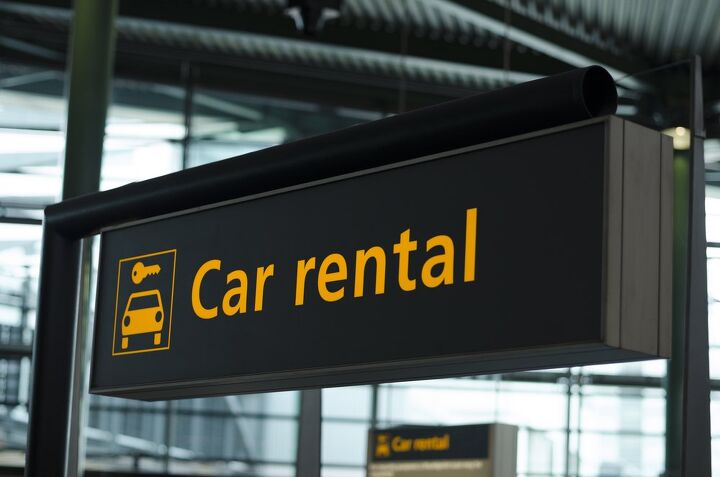
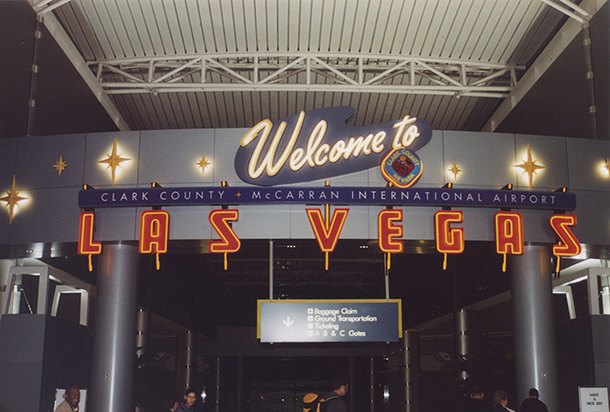

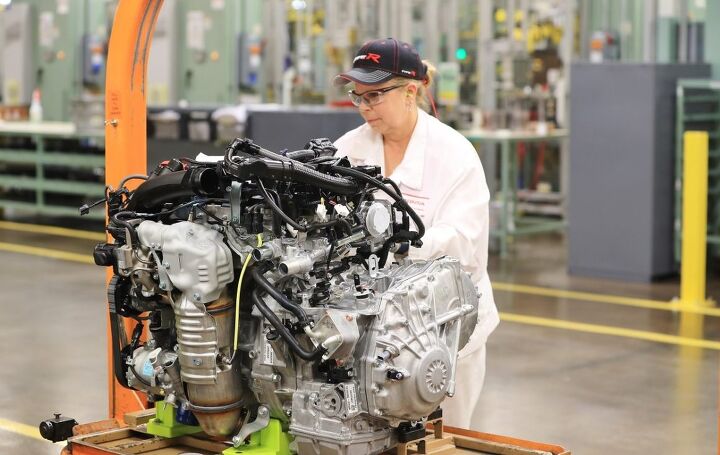

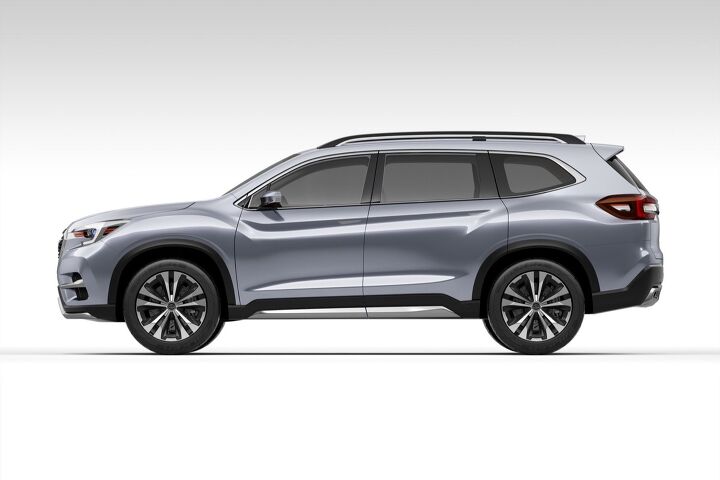


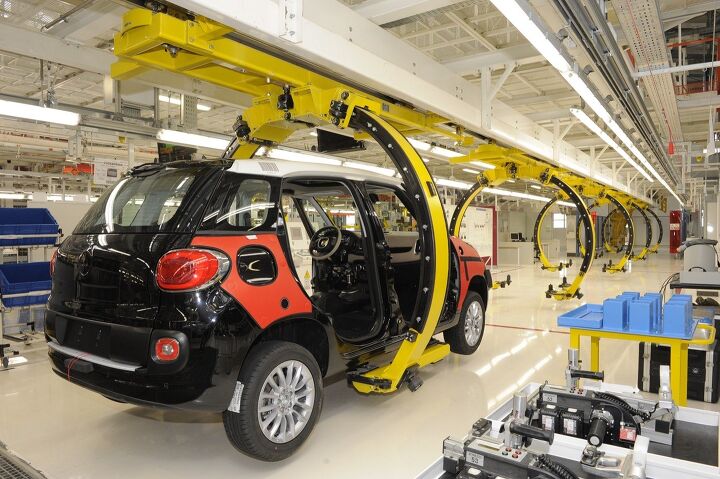


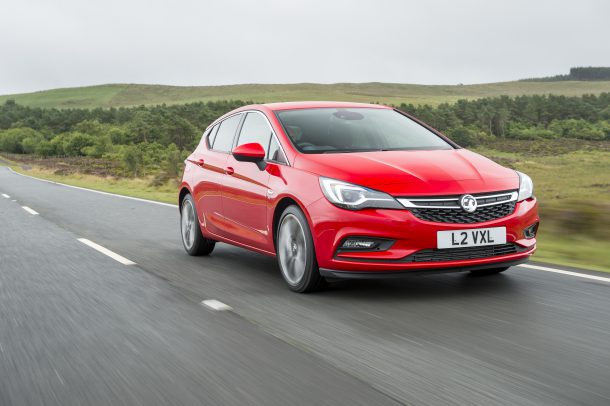
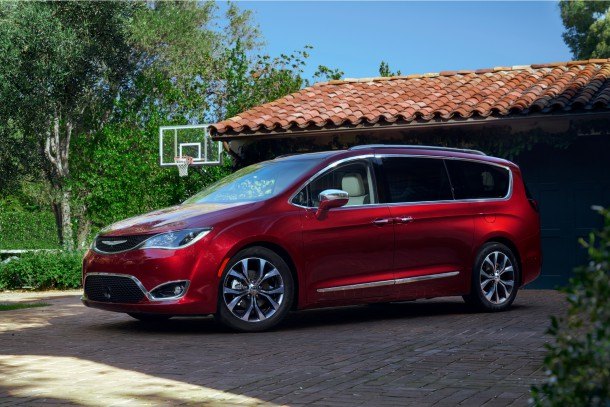













Recent Comments